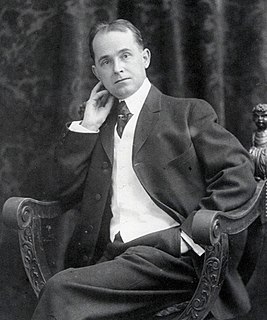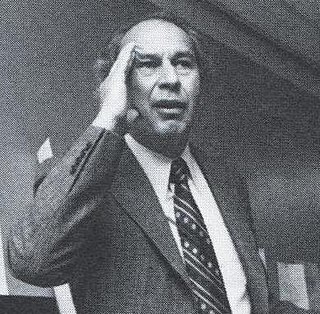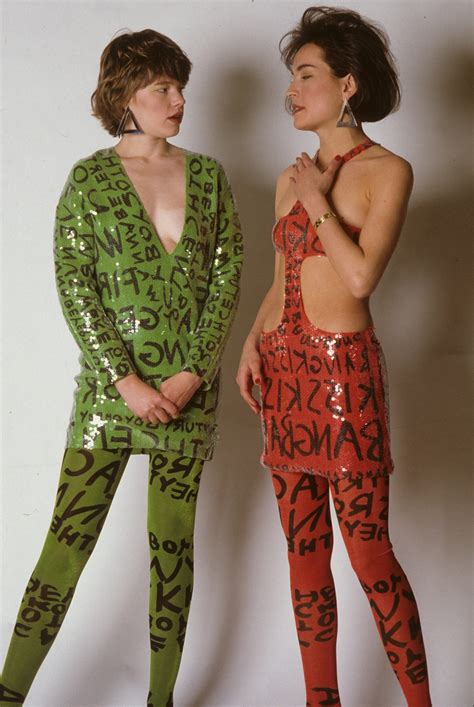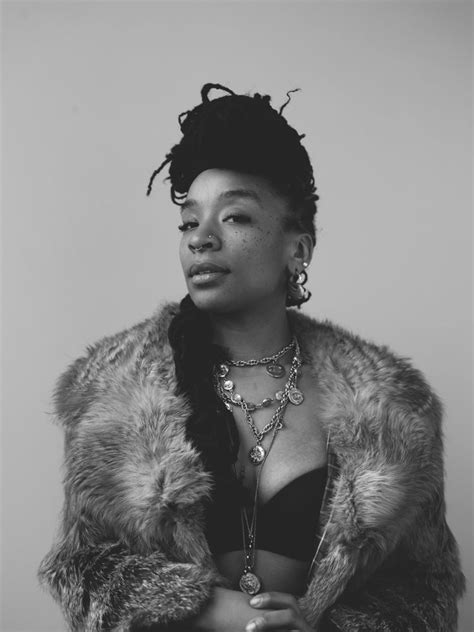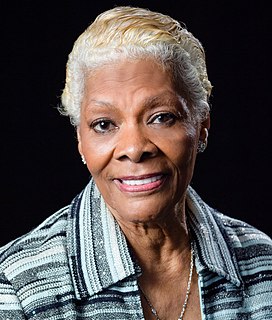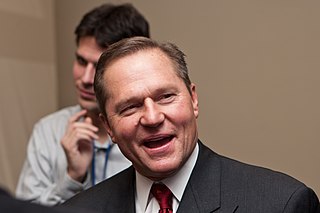A Quote by David Lynch
When I was little in Spokane, Washington I drew all the time... and my father would bring paper home... and I mostly drew browning automatic water-cooled sub-machine guns... that was my favorite.
Related Quotes
The principle factor in my success has been an absolute desire to draw constantly. I never decided to be an artist. Simply, I couldn't stop myself from drawing. I drew for my own pleasure. I never wanted to know whether or not someone liked my drawings. I have never kept one of my drawings. I drew on walls, the school blackboard, odd bits of paper, the walls of barns. Today I'm still as fond of drawings as when I was a kid - and that was a long time ago - but, surprising as it may seem, I never thought about the money I would receive for my drawings. I simply drew them.
Assault weapons—just like armor-piercing bullets, machine guns, and plastic firearms—are a new topic. The weapons' menacing looks, coupled with the public's confusion over fully automatic machine guns versus semi-automatic assault weapons—anything that looks like a machine gun is assumed to be a machine gun—can only increase the chance of public support for restrictions on these weapons. In addition, few people can envision a practical use for these weapons.
I went to an art high school in Washington D.C., and I majored in visual art. When I started there, I was horrible - couldn't draw, couldn't sketch, couldn't do anything. I remember at one point I came to terms with the fact that I had to work my ass off to do well and that's exactly what I did. I drew and drew and drew, and it worked - I ended up getting the award for best artist and went on to apply to design school because I loved it so much. I think it really speaks to the idea that you can in fact excel at whatever you put your mind and your heart to.
They all laughed. I drew their pictures and they asked for copies and I handed them out as if they were my tickets to the show. In the Navy Yard, I could drink with men because I worked with men; in the Parkview, I could drink with men because I drew their pictures. The world was a grand confusion. Finally, when I was bleary, when my hand wouldn't do what I wanted it to do, I went home. I would lie alone in the dark, feeling that I was a character in a story that had lost its plot.

